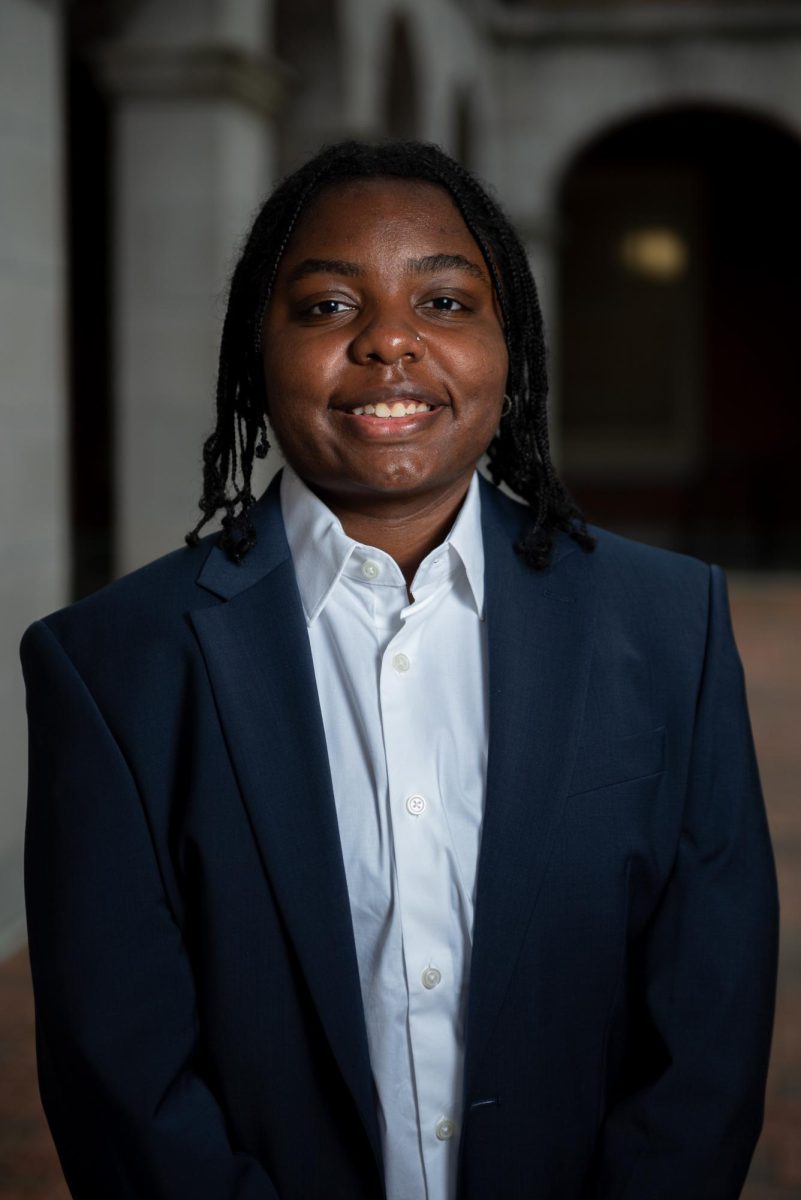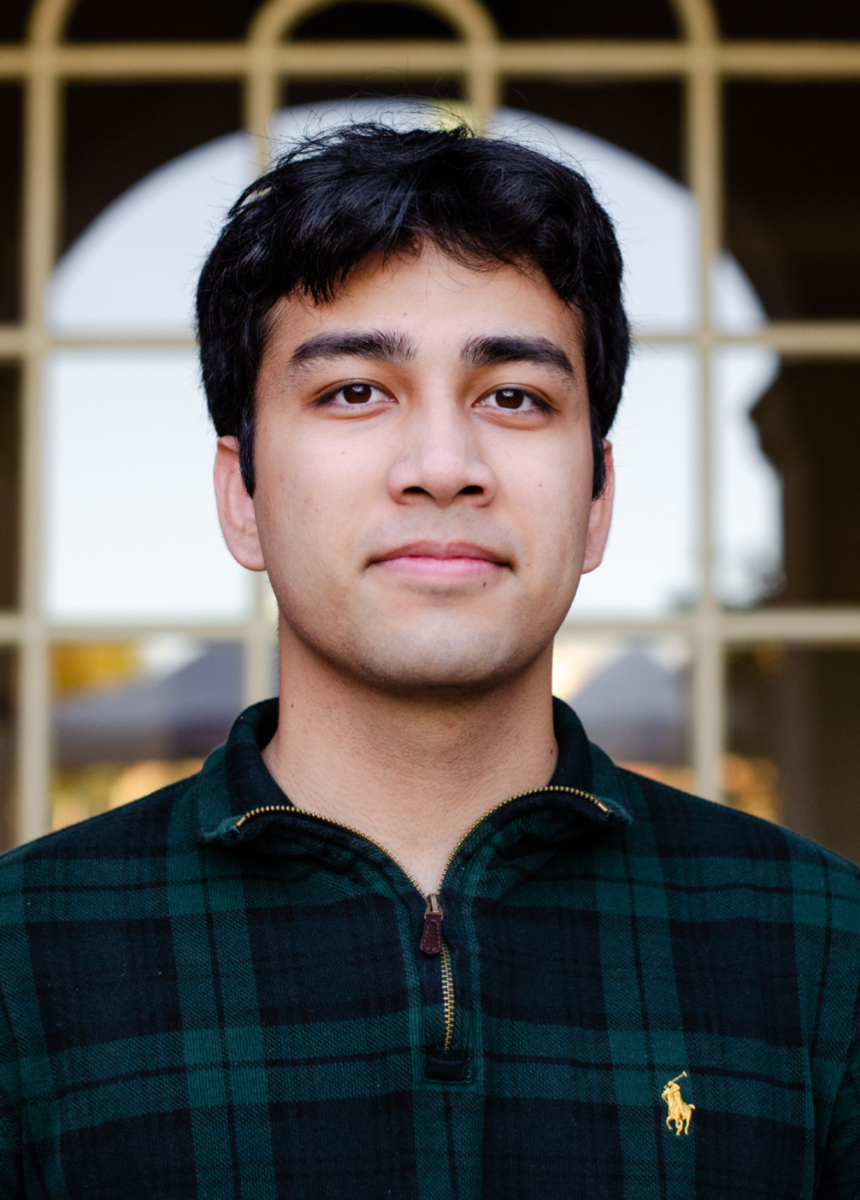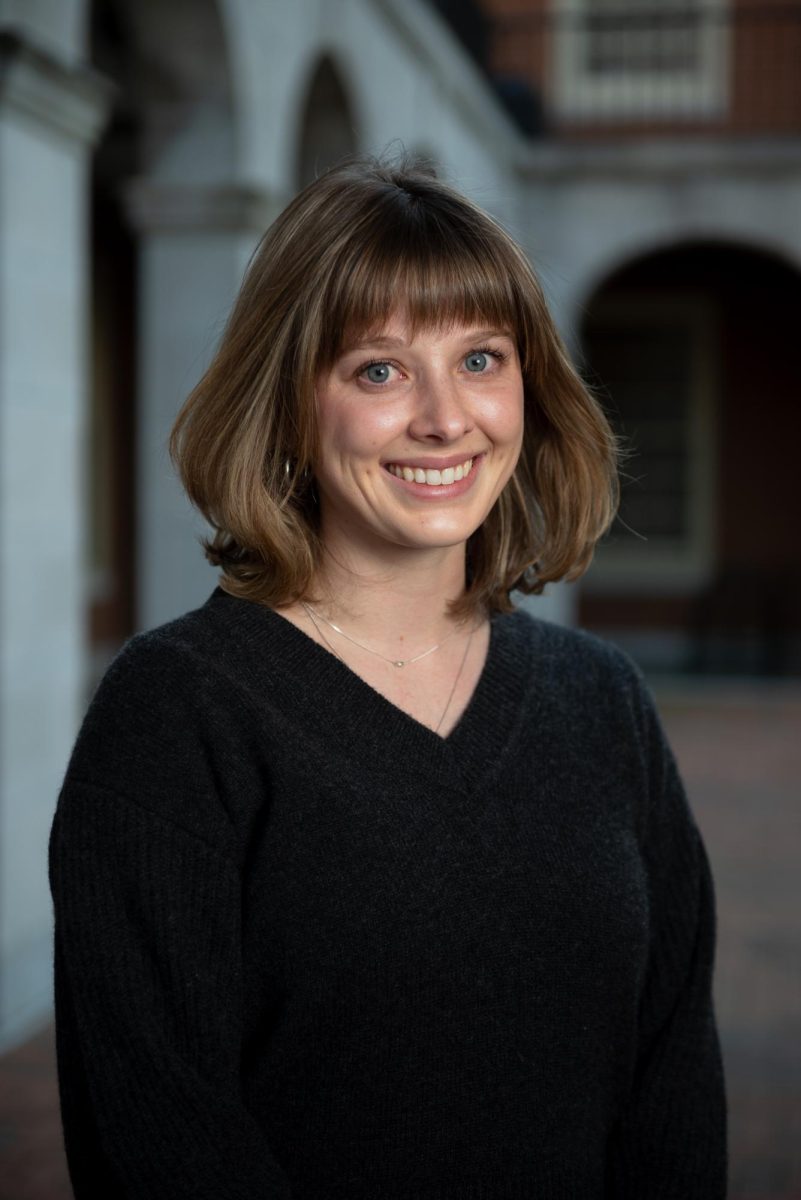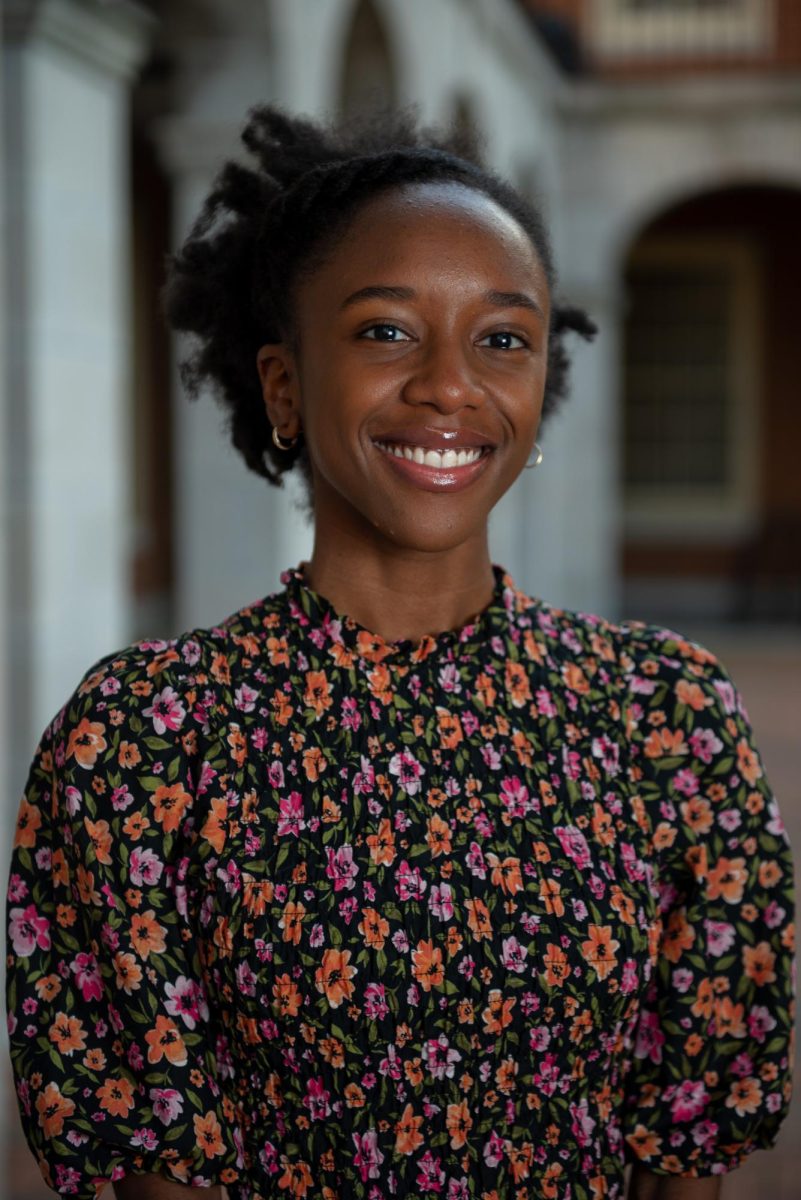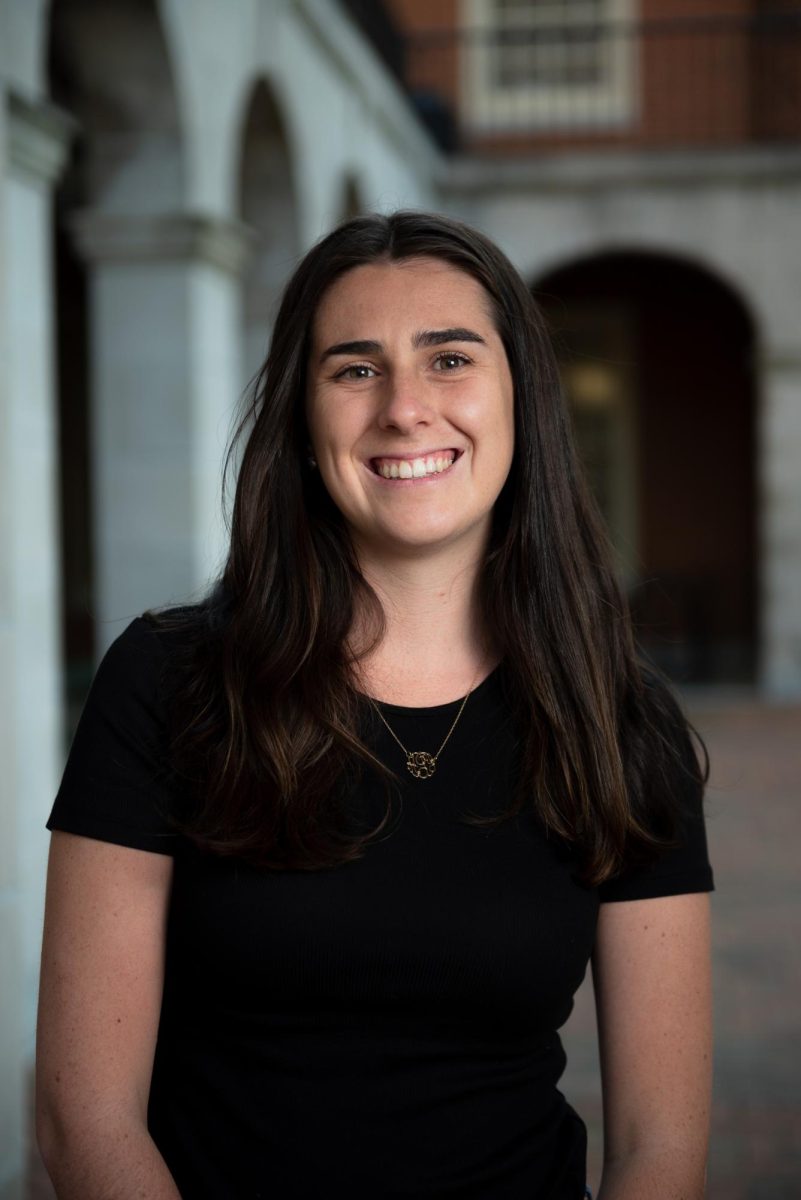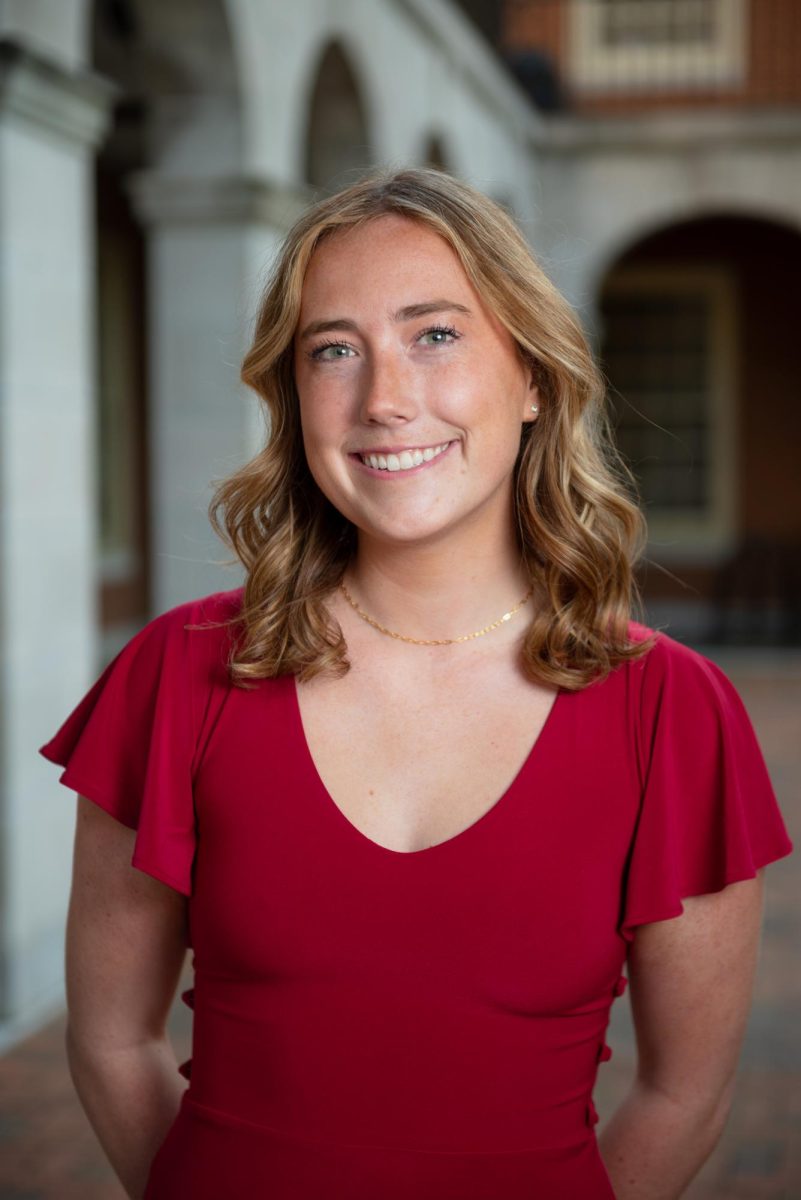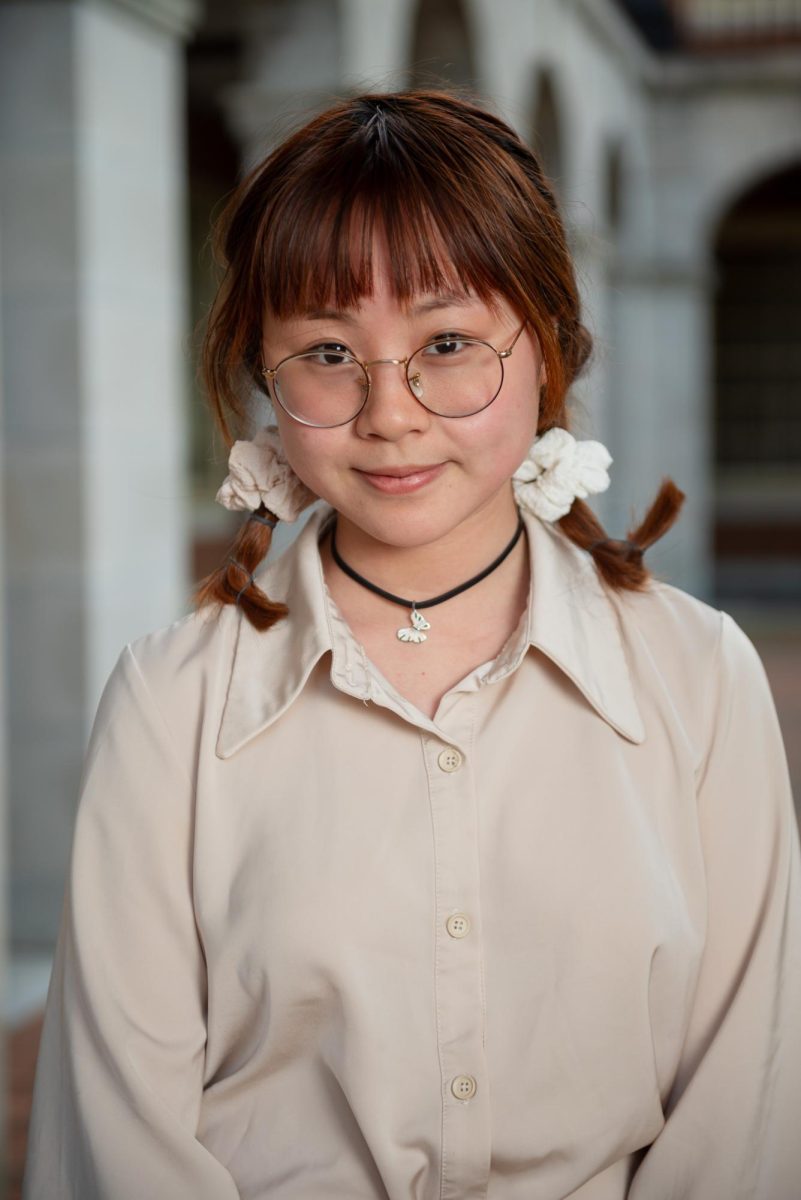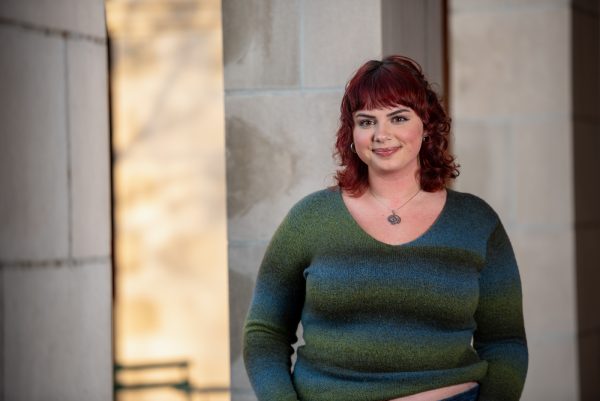Mac Jackson has always been comfortable with the uncomfortable. Choosing to come to Wake Forest was not an easy decision, but one they were happy they made.
“I wanted to be in an environment that was going to academically challenge me and also [be] a place where I would feel comfortable and grow as a learner and a person,” Jackson said.
After coming to campus, Jackson was not sure what to study. Always focused on finding the best fit, they made sure to weigh their options heavily, perusing through the pros and cons of every decision. A double major in African American studies (AAS) and English, they eventually found the perfect academic fit for them on campus.
“I started out majoring in neither of those, and I found that the best way to pick a major is to find courses and topics that speak to you and kind of follow that path,” Jackson said. “I think it’s landed me in a good spot, really getting to major [in] things that I enjoy.”
The African American studies program first started offering courses for the 2021-2022 school year. While the major is relatively new, Jackson felt this allowed them to carve their own path through their education.
“The great thing about African American studies is how interdisciplinary it is and how I’ve been able to connect it to the other things that I’m learning. In practical, social, historical and political contexts, I think it’s very relevant, especially within society and academic spaces.” Jackson said.
Before the program formed, Jackson took a course called Introduction to the Humanities: Black Feminist Studies in their sophomore year. This jump-started their interest in the fields and methods of African American studies, particularly the discussions and academic conversations surrounding them.
“The class had a double function, as [the classes] served as both open intellectual dialogue spaces and became like a community,” Jackson said. “African American studies is a place where everyone is kind of able to voice their thoughts; it’s probably one of the most productive spaces on campus for open discussions.”
Looking ahead, Jackson is still weighing their options. Currently, they are toggling with several graduate school acceptances and job offers, but they feel ready to go out into the world outside of college.
Interested in pursuing a career in archival studies and information science, they feel well prepared with their undergraduate degree.
“[AAS] gives me an advantage whenever I’m approaching anything else in my life, whether it be academic, professional, career or just my personal life. That added perspective and [challenged] established norms, or challenging whose voices are heard,” Jackson stated.
Jackson isn’t scared to carve their path, but they are wary of falling into complacency and taking the easy route through life.
“I’m scared of becoming stagnant and losing the part of myself that likes challenges, who wants [to] change things, who wants to go after things, who wants to learn,” Jackson admitted. “The most important thing I’ve learned in my major is the necessity and the importance of challenging norms.”


